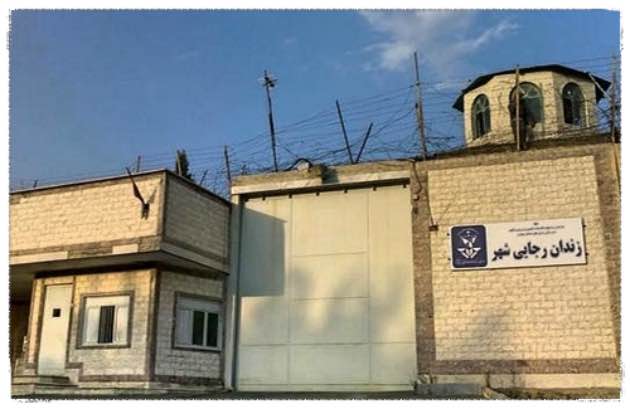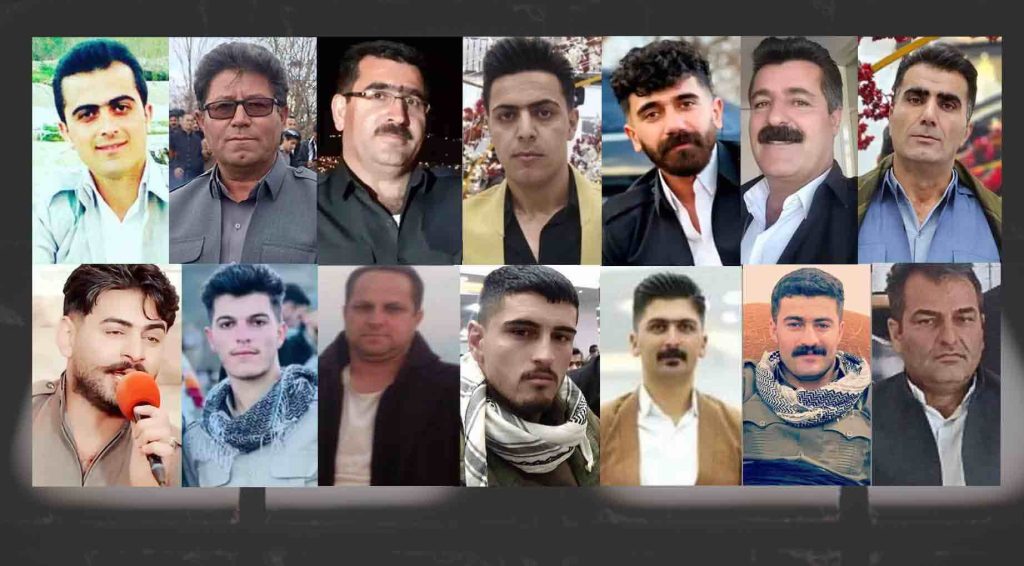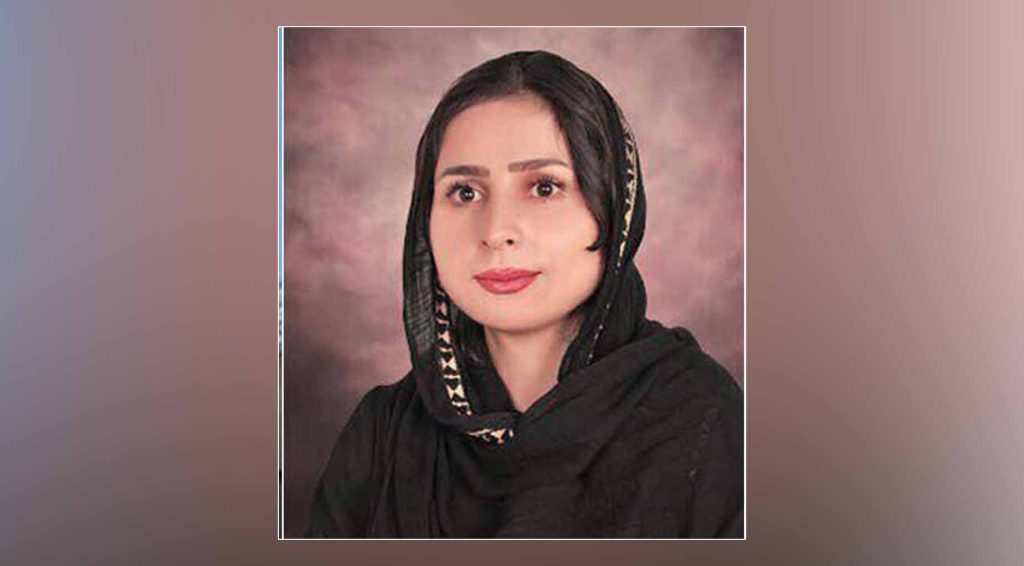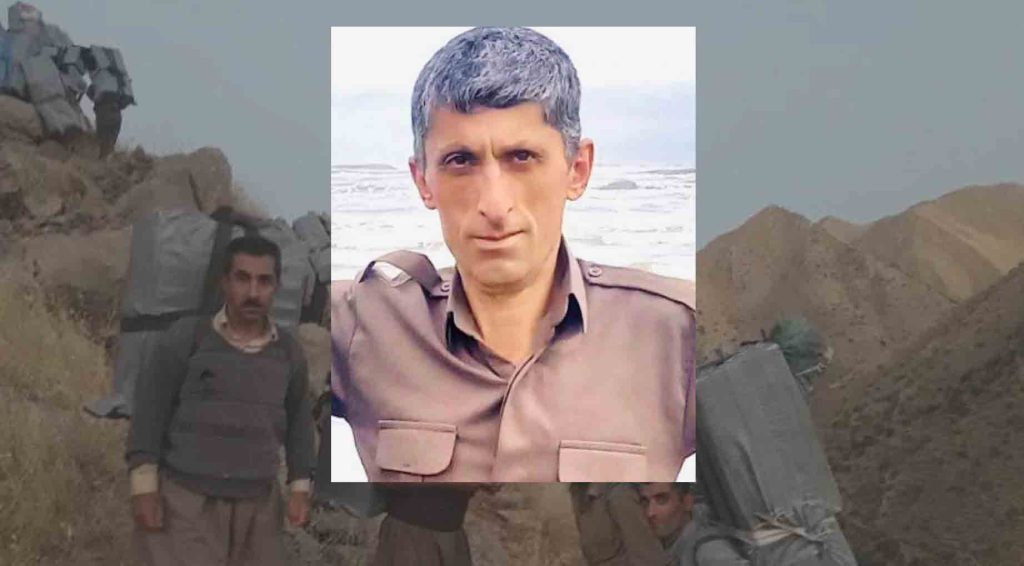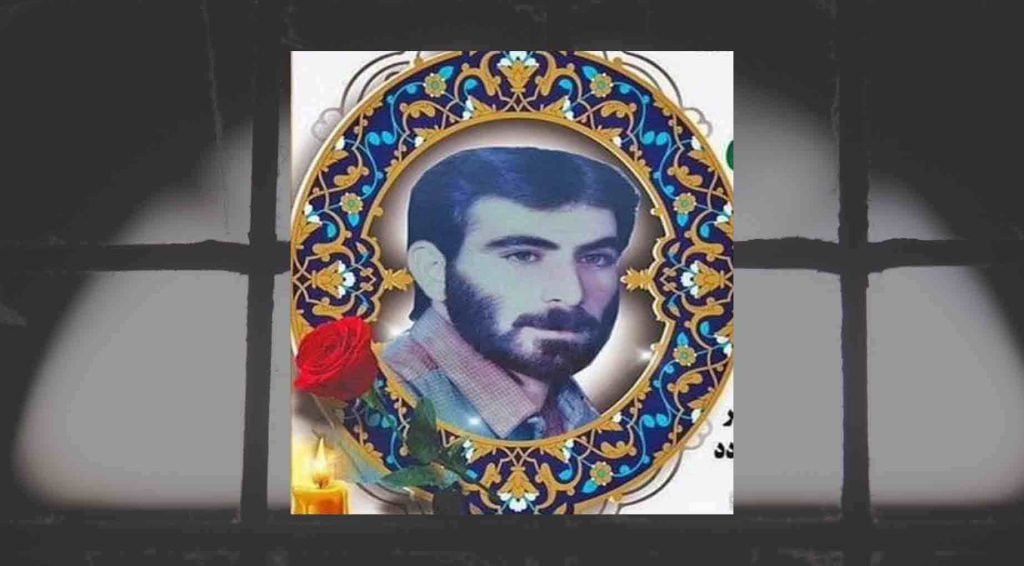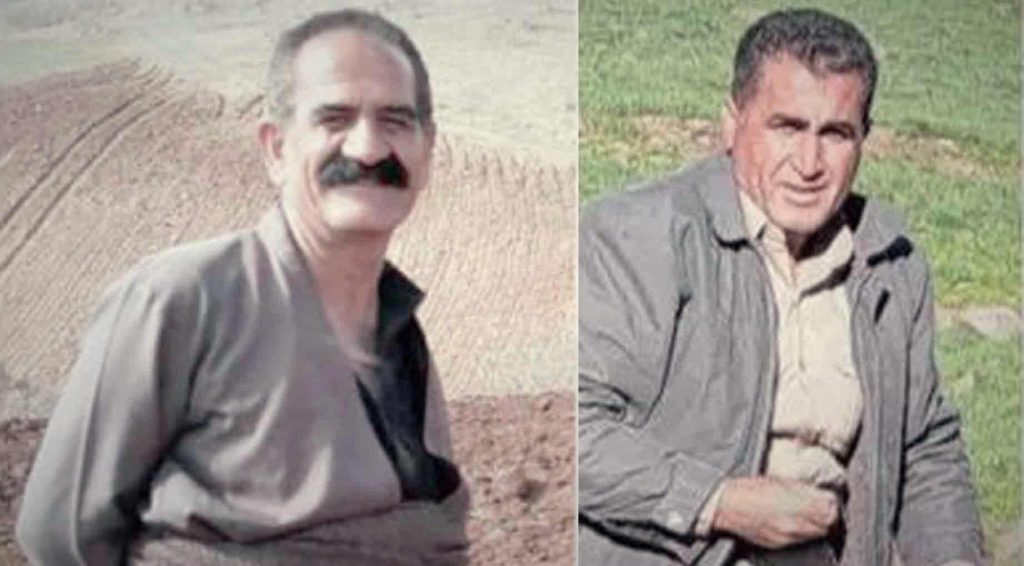Hundreds of prisoners at Rajai Shahr Prison in Karaj were collectively transferred to Evin Prison in Tehran and Ghezel Hesar Prison in Karaj between 1 and 5 August.
These transfers took place in groups, with the prisoners being transferred to different sections of these prisons.
Concerns have been raised about the well-being of the prisoners due to the lack of personal belongings during the transfer process, overcrowding, and inadequate hygiene and medical care in Evin and Ghezel Hesar prisons.
The process of evacuating and closing Rajai Shahr Prison began on 1 August, with the relocation of at least nine political prisoners to Ward 8 of Evin Prison.
The political prisoners have been identified as Saeid Masouri, Afshin Baymani, Motalleb Ahmadian, Hamzeh Savari, Saman Yasin, Loghman Aminpour, Mohammad Shafei, Hossein Gachlou, and Masoud Kazeminezhad.
In the following days, hundreds of other prisoners were transferred to Ghezel Hesar Prison in Karaj.
The Kurdistan Human Rights Network (KHRN) has learned that the majority of these transferred prisoners are now enduring substandard conditions of overcrowding and unsatisfactory hygiene in both Evin and Ghezel Hesar prisons.
Furthermore, on the orders of the prison authorities and the judiciary, the officials responsible for the transfers have prohibited the prisoners from carrying personal belongings such as clothes, blankets and medicines.
The health of several prisoners was reported to be deteriorating due to the limited availability of medical services in Ghezel Hesar Prison.
A significant number of prisoners, including a group of unidentified political prisoners, have reportedly been transferred to blocks 17, 18, 20 and 22 of Ghezel Hesar prison’s Hall 3.

